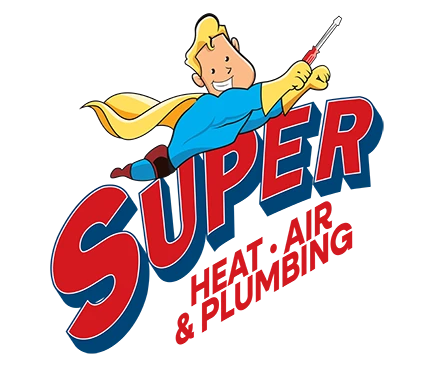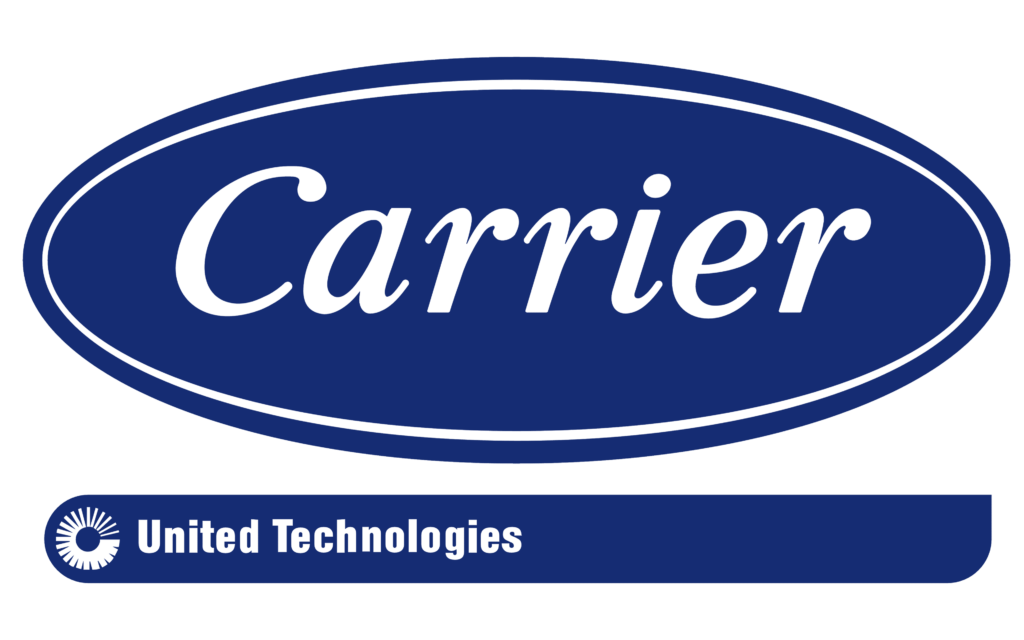Humidity Sucks
You know it. You feel it. You hate it!
Because we’re an air conditioning company and we can never say enough about the Greater Tampa Bay summer heat and what it brings, let’s talk about humidity. How many times have your heard “Oh, it’s so humid outside!” during a typical Greater Tampa Bay summer? Bet you’ve heard it a lot, huh? Humidity sucks. We’re in Florida, and unfortunately humidity comes with the “all inclusive” package of living in paradise.
Humidity makes us uncomfortable. It makes us feel sweaty, sticky and yucky (yes, we just said “yucky”). Humidity can also make it hard to breathe for people who have breathing problems (yes, we just said “hard to breathe for people who have breathing problems” too). Since we have chosen to live in the Sunshine State, we have no choice but to live with the humidity that comes with it. So here we present you information about the thing we love to hate called “humidity” and how to deal with it.
What it Is
According to Webster’s dictionary, the simple definition of humidity is “the amount of moisture in the air.” It’s also defined as “the degree of wetness especially of the atmosphere.”
We Floridians define humidity as “something that sucks!”
What it Does
Since we homo sapiens can’t breathe underwater, it’s understandable that water or moisture in the air can make it harder for us to breathe. And the city Super Heat, Air, and Plumbing calls home — Tampa, Florida — is currently ranked as the 5th most humid city in the United States. (Go Tampa!) You would think water in the air would keep us cooler. But humidity can prevent sweat from evaporating, which makes us feel hotter and more uncomfortable than on a day with drier air.
It’s not just outdoor humidity that sucks. High levels of humidity inside your home can cause musty smells and bacterial growth too. This can also make it difficult to breathe. Humidity can also rot wood and create damp spots, which in turn attracts roaches and other nasty critters into your home! Basically, once again, humidity sucks!
VIDEO: “Air Conditioner Leaks: Nasty Business”
What to Do About It
So you’ve probably read this far and are thinking, “Yeah, yeah, blah, blah, we all know humidity sucks. What do we do about it?” The first thing you want to do is run your air conditioner (brilliant!). While this may sound like a case of the “Captain Obviouses”, hear us out. People looking to save energy might think shutting off the AC and opening windows vs running the AC is a good idea. But in a hot humid place like Greater Tampa Bay, you’re just inviting humidity into your home.
Air conditioners are designed to dehumidify living spaces and keep us cool. So if you decide not to run your AC during the hot summer months, the damage humidity causes your home can cost you more in the long run than higher electric bills. We’re going to repeat this again: humidity sucks! And did we already mention the roaches? (Ewwwwwww!)
So now that we got the obvious “run your air conditioner” solution out of the way, there are several more things you can do to combat humidity inside and outside your home:
Ventilate
If your kitchen and bathroom have ventilating fans: use them! The kitchen with its hot oven and the bathroom with its hot showers are both prone to humidity. So flip the switch on those ventilation fans! You can also slightly crack open a window during cooking or showering to reduce humidity. Just don’t forget to close it when you’re done! Laundry rooms, too, are prone to high humidity. So if you’re lucky enough to have one, ventilate it well.
Vegetate
It rhymes with “ventilate”, so we were just trying to be clever with our bolded titles. But think about your houseplants for a second. Since humidity is essentially water in the air and you water your plants, this causes them to release vapor in the air. This pretty much increases humidity. If your home is feeling humid, try putting houseplants outside for a little while. And make sure not to water them too much if you decide to keep them inside. It’s a good idea to keep the watering of the plants to a bare minimum to prevent water from pooling at the bottom.
Dehumidify
Perhaps another case of the “Captain Obviouses” here, but while air conditioners are designed to dehumidify your home, older buildings and those with poor ventilation can benefit from dehumidifiers. You may not need dehumidifiers for properly cooled and vented rooms. However, they are beneficial for removing moisture in humid places like basements and laundry rooms.
“Carpetify”
Ok, we admit that was another lame attempt to be clever and rhyme our bolded titles. But think about your carpeting for a second. Is your carpet old, musty and dusty? Has it been cleaned endlessly to no avail? Old carpets collect dust and mildew over time. And they can reach a point where no amount of cleaning will make them fresh again. If you can spare some extra money, try replacing the carpeting in your home. New carpeting could help mitigate humidity and prevent dust mites — another pest that thrives in humid environments — from calling your carpet their home.
Pipe Down
Leaky pipes are a source of moisture and condensation, which can contribute to indoor humidity. Make sure all pipe leaks are sealed and all cold water pipes have insulated tubing around them.
Weatherstrip
If you haven’t noticed, we stopped trying to rhyme bolded titles here. So we’ll just say that as far as windows go, ensure they have proper weatherstripping to help decrease humidity in your home. If the weatherstripping on your windows is old and cracked, it’s a good idea to get your windows redone. We’ll throw our friends at Smart Efficient Solutions a shameless plug here and recommend you visit their website to find out more about new window installation and other energy efficiency services for your home. (You’re welcome!)
Call Super Heat, Air, and Plumbing
You didn’t think we’d throw Smart Efficient Solutions a shameless plug without including one of our own now, did you? If the humidity is killing you and you want to find out ways we can help you combat it, give Super Heat, Air, and Plumbing a call. (We’re welcome!)



